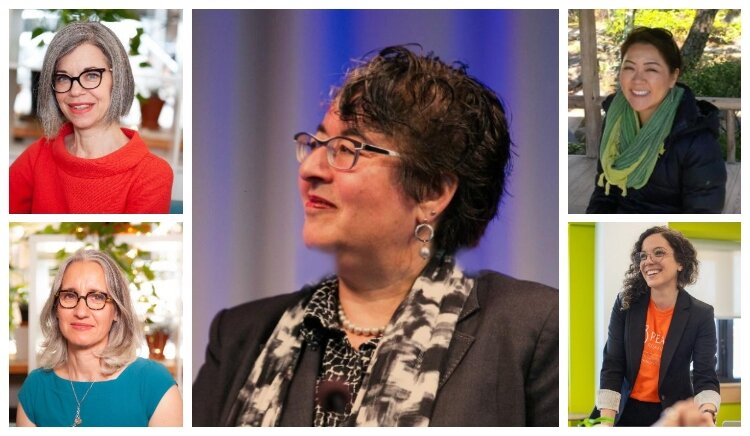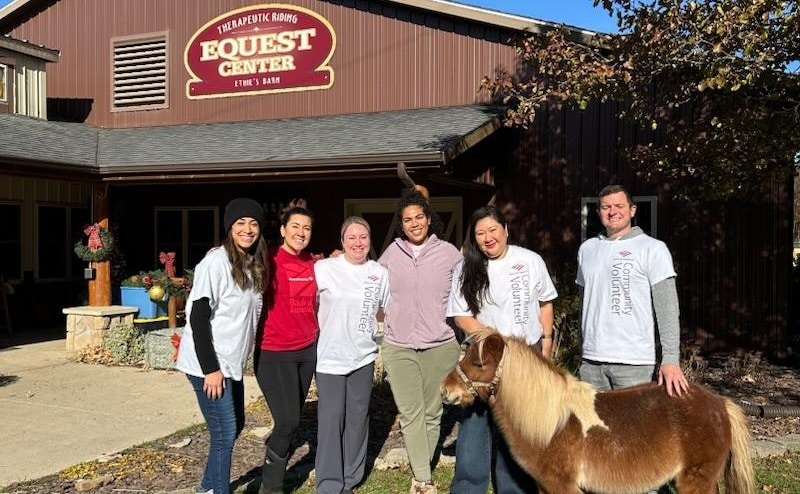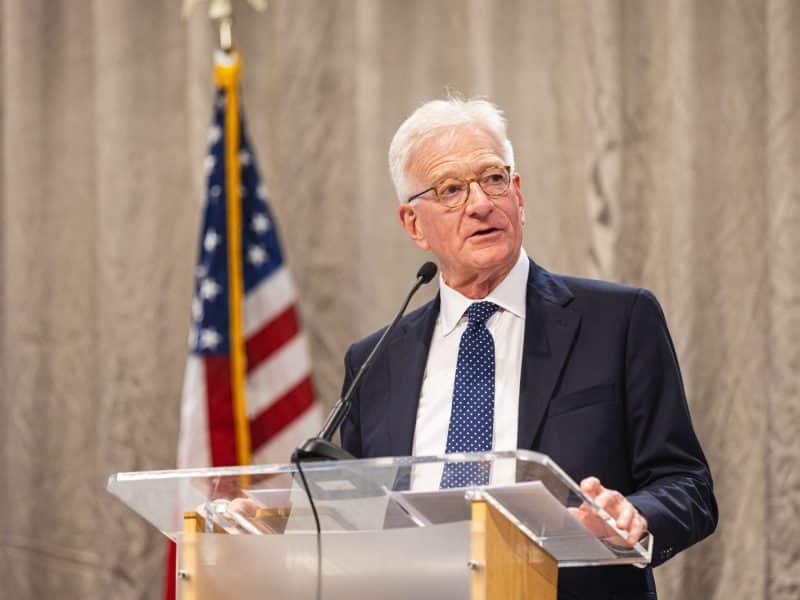Absolutely Accessible Kent returns to show what’s possible in accessible design
The 6th annual Absolutely Accessible Kent will take place May 8 at GVSU’s Eberhard Center from 10 a.m. to 1:30 p.m., with presentations on designing for neurodiversity, aging in place, and accessibility in arts venues.
Over the past five years, Absolutely Accessible Kent has played a role in raising awareness about how to push the bounds of design to create the most inclusive spaces and events possible.
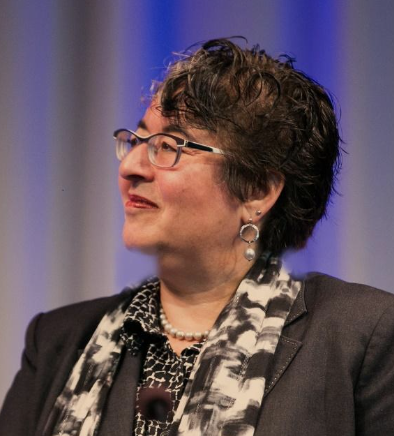
The upcoming sixth annual event, organized by Disability Advocates of Kent County (DAKC), promises to take the conversation to the next level with experts from Washington, New York City, and Nova Scotia presenting on designing for neurodiversity, aging in place, and accessibility in arts venues.
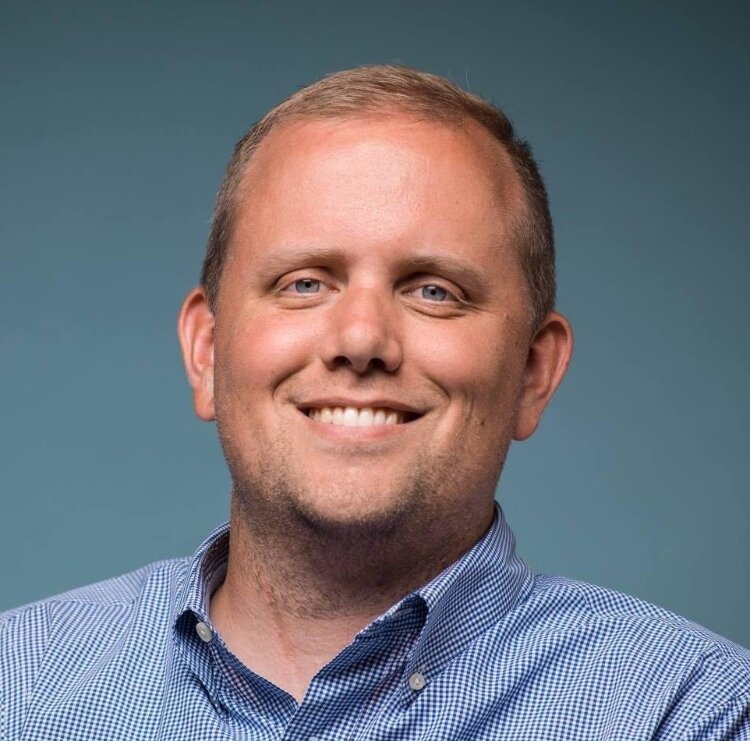
The event will be May 8 at the L.V. Eberhard Center on the Pew Campus of Grand Valley State University in downtown Grand Rapids, running from 10 a.m. to 1:30 p.m. A limited number of tickets are available. Scholarships are available for students, people with disabilities, and those with limited incomes. Learn more about registering and scholarships here.
The annual event is part of a larger program aimed at making West Michigan a more accessible community. The DAKC team provides accessibility reviews for organizations and workplaces. Volunteer “test pilots” examine spaces and provide feedback on user-friendliness.
Broadening the conversation
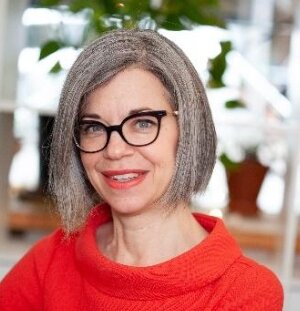
Absolutely Accessible Kent has brought people with disabilities into the conversation about design, says Cameron Young, a former board president of DAKC and longtime volunteer.
“It’s been really exciting to watch Absolutely Accessible Kent grow and develop,” says Young, whose employer, Behler Young Co., is one of more than a dozen organizations sponsoring the event, including several design and construction firms.
“A big part of DAKC’s mission is about how we can take steps to create a more welcoming community for all. And a big piece of that is physical accessibility such as zero-step entrances to buildings and houses and businesses. But it’s not just for people with visible disabilities.”
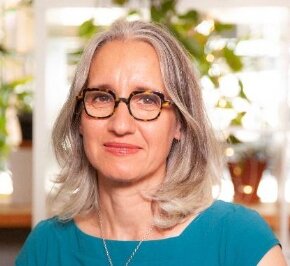
One in four people in the U.S. will have a disability over their lifetime, notes Young, who was a college student in 2007 when he experienced a spinal cord injury during a swimming accident and became a wheelchair user.
The Grand Rapids-based DAKC has 14 nonprofit siblings around the state and is part of Disability Network Michigan.
DAKC is bringing in national experts to explore the issue of universal design, beginning with Betty Siegel, who is director of the Office of VSA and Accessibility at the John F. Kennedy Center for the Performing Arts in Washington.
An expert in disability, arts, and cultural practices, Siegel founded the Leadership Exchange in Arts and Disability (LEAD), which brings together a best-practice resource network of more than 2,800 accessibility and cultural arts professionals. Siegel will share her experiences advancing accessibility in the arts and cultural sector while also highlighting the Kennedy Center’s journey and commitment to inclusive design.
Architecture, urban planning workshops
Absolutely Accessible Kent will present two workshops, one on architecture and the other on urban planning.
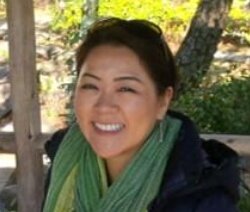
The architect workshop will feature Irina Verona and Jennifer Carpenter, founding principals of Verona Carpenter Architects (VCA). Their presentation will focus on designing for greater inclusion by recognizing and embracing neurodiversity. The architecture and interiors firm based in Manhattan serves clients around the country in education, workplace, cultural, hospitality, and residential projects. VCA’s focus is on designing for greater inclusion by making spaces that support all bodies and minds.
The architects will challenge attendees to examine how designing for sustainability requires an expanded set of considerations beyond just green design to also encompass social sustainability. Social sustainability, in turn, must encompass designing for both physical and neuro-inclusion.
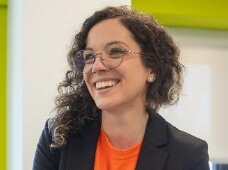
The other workshop will focus on urban planning and aging in place. It will be led by Mikiko Terashima and Kate Clark, of Dalhousie University’s Peach Institute in Halifax, Nova Scotia, which specializes in research devoted to planning accessible and equitable neighborhoods.
Their presentation will include examples of accessible and inclusive designs in Canada and other countries; recent academic research on planning initiatives to accelerate accessible and inclusive public spaces; and how to develop their knowledge toolbox for translating lived expertise of disabilities to planning and urban design practices.
Young praises Dave Bulkowski, the nonprofit’s executive director, for the vision for the event and its growth over the years.
“Dave dreamed up this idea that we need to get in front of builders and architects and designers and spread to them the gospel of universal design because meeting the requirements of the Amercians with Disabilities Act is the bare minimum,” Young says.
Photos courtesy of Cameron Young and Disability Advocates of Kent County.
This article is a part of the multi-year series Disability Inclusion, exploring the state of West Michigan’s growing disability community. The series is made possible through a partnership with Centers for Independent Living organizations across West Michigan.

